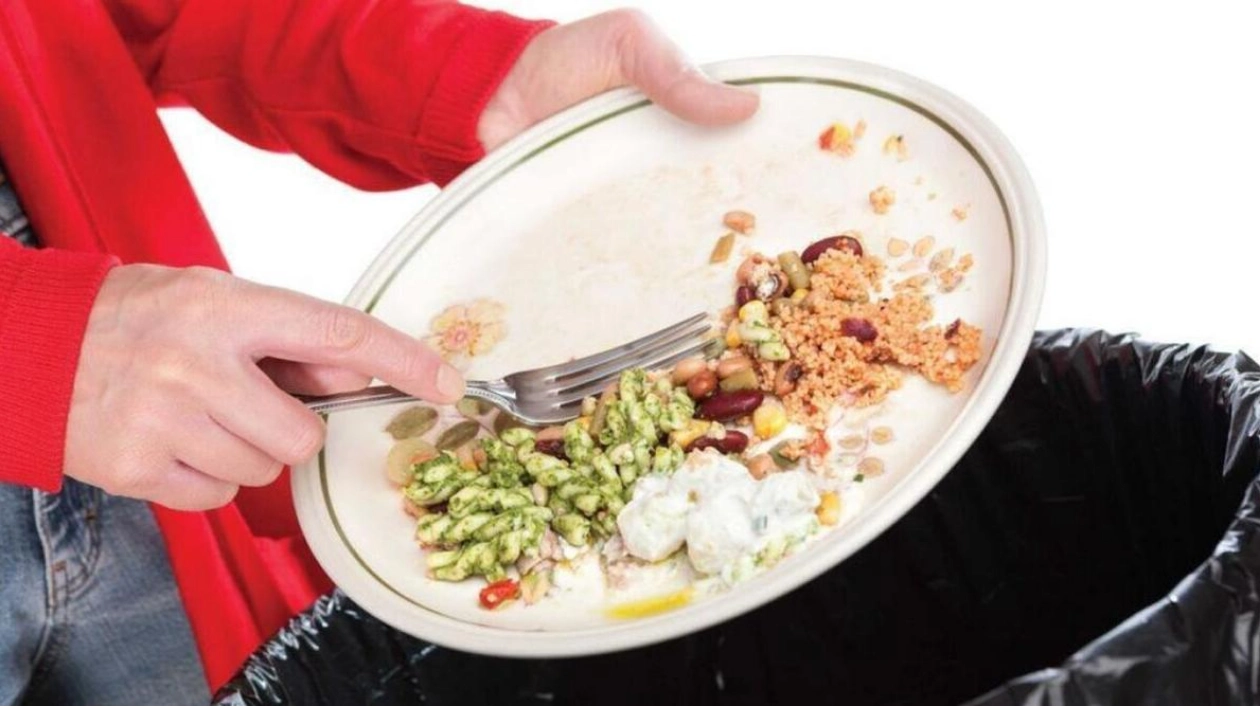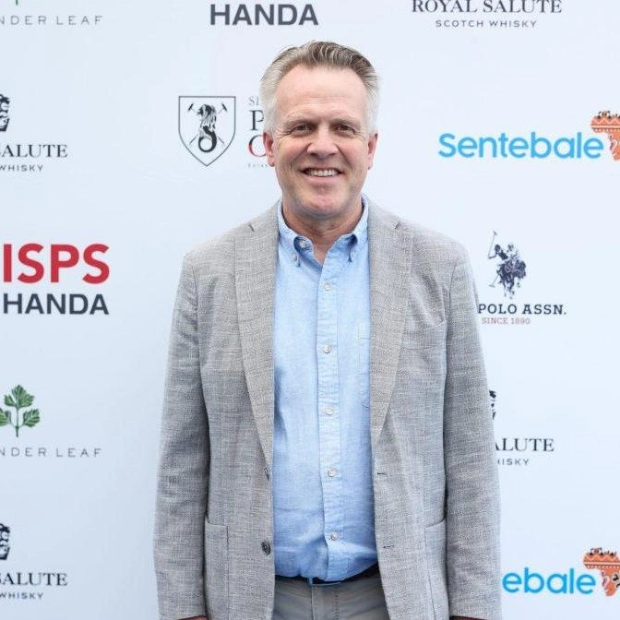Have you ever pondered what becomes of the excess food produced by open buffet systems in eateries and hotels? Numerous establishments throughout the UAE recognize this issue and are proactively adopting measures to curtail food waste and guarantee that any surplus is either repurposed or discarded responsibly. The Winnow system is a pivotal initiative that St. Regis Abu Dhabi has adopted to diminish food waste. "We have realized substantial savings of Dh480,620 in food waste—equivalent to 25 tonnes—within the initial six months of 2024 at our all-day dining restaurant. Upholding our stringent standards, 75 percent of our food is freshly prepared daily, ensuring quality while repurposing to mitigate waste," stated Karim Gharbi, General Manager at The St. Regis Abu Dhabi. St. Regis prepares 1,000 meals daily and collaborates with the 'Stop Wasting Food' initiative across Marriott hotels. In addition to leveraging technology, they ensure that food handlers are trained in recipe costing and waste reduction methods.
Similarly, Rotana employs a comparable strategy by partnering with Chef's Eye to optimize food management. "We've notably reduced carbon emissions and minimized waste by precisely measuring and analyzing food preparation, production, and buffet waste. This includes a 22 percent reduction in overall trim waste, a 15 percent reduction in food waste from buffet stations, and a remarkable 63 percent reduction in food waste from plated meals in the first quarter of this year," explained Scott Valentine, Corporate Director of F&B and Culinary at Rotana. Managing 273 food and beverage outlets across 80 regional operational properties, Rotana serves over six million guests annually, making an effective food waste management strategy crucial. "Data from Chef's Eye allows us to enhance our training programs effectively," added Valentine.
Moreover, the group has entered into an agreement with the National Food Loss and Waste Initiative, Ne'ma, emphasizing food waste reduction and promoting close collaboration with local charities. "Our policies ensure that these organizations receive safe, high-quality food donations regularly," he said. While certain foods may not be suitable for donation due to safety or quality concerns, the chef and 'Food and Beverages' teams ensure only appropriate items are donated and responsibly manage food that cannot be donated. Rotana has also implemented various approaches, such as using smaller plates and serving spoons, to minimize buffet waste.
Charities play a vital role in reducing surplus food and directing it towards community support, as demonstrated by the UAE Food Bank. By partnering with 113 hotels, the Food Bank employs a precise classification system to segregate edible food from inedible waste. Edible surplus is donated to charities, while inedible items are sent to specialized recycling companies, where this waste is converted into nutrient-rich compost distributed to farmers, thus completing the sustainability cycle and enhancing environmental preservation efforts. Rigorous protocols ensure the quality and safety of collected food across a broad product range, including baked goods, dairy, cooked, dry, refrigerated, and fresh items.
From 2023 to 2024, the Food Bank successfully recycled over two million meals from landfills, significantly reducing carbon emissions. Their recycling initiatives yielded over 100 kilograms of organic fertilizer, conserving nearly 24,000 square feet of land. The UAE Food Bank, initiated by Dubai Municipality, is dedicated to cultivating a culture of food conservation and responsible consumption throughout the community. By implementing comprehensive strategies, it aims to reduce food surplus while supporting those in need.






